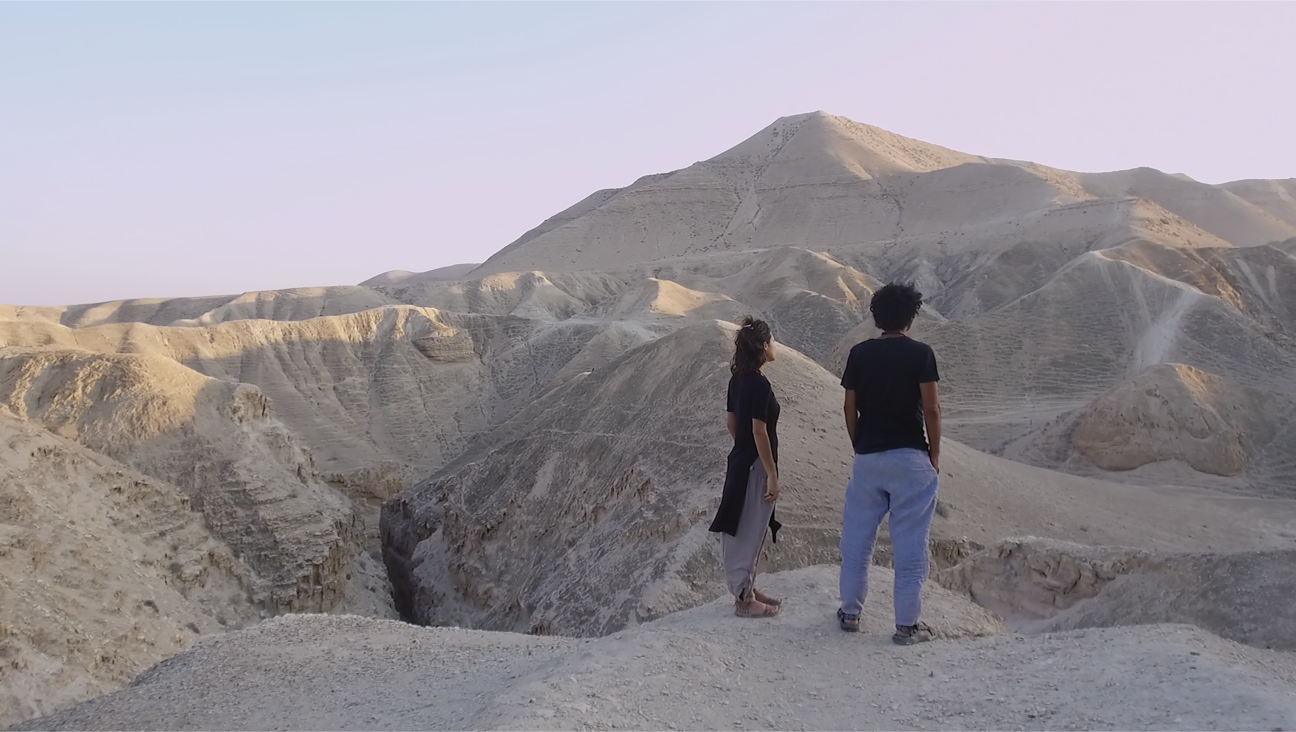Kerry Meets Both Sides in New Mideast Peace Push

Image by getty images
Secretary of State John Kerry held separate talks with Israeli and Palestinian officials on Thursday and acknowledged there was considerable scepticism that the two sides would resume peace negotiations.
There were no signs of any breakthrough as Kerry visited Israel for the fourth time in his four months in office to try to revive a peace process that has been moribund for more than two years.
Israeli-Palestinian negotiations broke down in late 2010 in a dispute over Israeli construction of Jewish settlements on occupied West Bank land that the Palestinians want for a state.
“I know this region well enough to know that there is scepticism. In some quarters there is cynicism and there are reasons for it. There have been bitter years of disappointment,” Kerry said as he and Israeli Prime Minister Benjamin Netanyahu posed for pictures.
“It is our hope that by being methodical, careful, patient, but detailed and tenacious, that we can lay out a path ahead that can conceivably surprise people but certainly exhaust the possibilities of peace.”
Kerry met Palestinian President Mahmoud Abbas for lunch in the West Bank city of Ramallah and was to return to Jerusalem to see Shimon Peres, who holds Israel’s largely ceremonial post of president, and have breakfast on Friday with Netanyahu.
Before their meeting on Thursday morning, Netanyahu said he wanted to restart peace talks.
“It’s something I hope the Palestinians want as well and we ought to be successful for a simple reason – when there’s a will, we’ll find a way,” Netanyahu said.
The two men discussed ways to advance peace, Kerry’s ideas for an economic plan to boost Palestinian growth and the “escalating violence” in neighboring Syria’s civil war, a senior U.S. State Department official told reporters after the meeting.
SETTLEMENTS
Last week, Kerry telephoned Netanyahu to voice U.S. concern at Israel’s plan to declare legal four unauthorised West Bank settler outposts.
Most of the world deems all Israeli settlements in the West Bank as illegal. Israel, which captured the land in the 1967 Middle East War, disputes this and distinguishes between about 120 government-authorised settlements and dozens of outposts built by settlers without official sanction.
The main issues that would have to be resolved in a peace agreement include the borders between Israel and a Palestinian state, the future of Jewish settlements, the fate of Palestinian refugees and the status of Jerusalem.
In his visits to the region, Kerry is also trying to put together an economic package for the Palestinians to go alongside the U.S. political initiative.
European diplomats, in meetings with Palestinian leaders, have been trying to steer them away from any notion the European Union might present a peace plan of its own. British Foreign Secretary of William Hague was also due to hold talks with Netanyahu and Abbas later on Thursday.
A message from our Publisher & CEO Rachel Fishman Feddersen

I hope you appreciated this article. Before you go, I’d like to ask you to please support the Forward’s award-winning, nonprofit journalism during this critical time.
We’ve set a goal to raise $260,000 by December 31. That’s an ambitious goal, but one that will give us the resources we need to invest in the high quality news, opinion, analysis and cultural coverage that isn’t available anywhere else.
If you feel inspired to make an impact, now is the time to give something back. Join us as a member at your most generous level.
— Rachel Fishman Feddersen, Publisher and CEO























